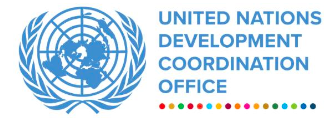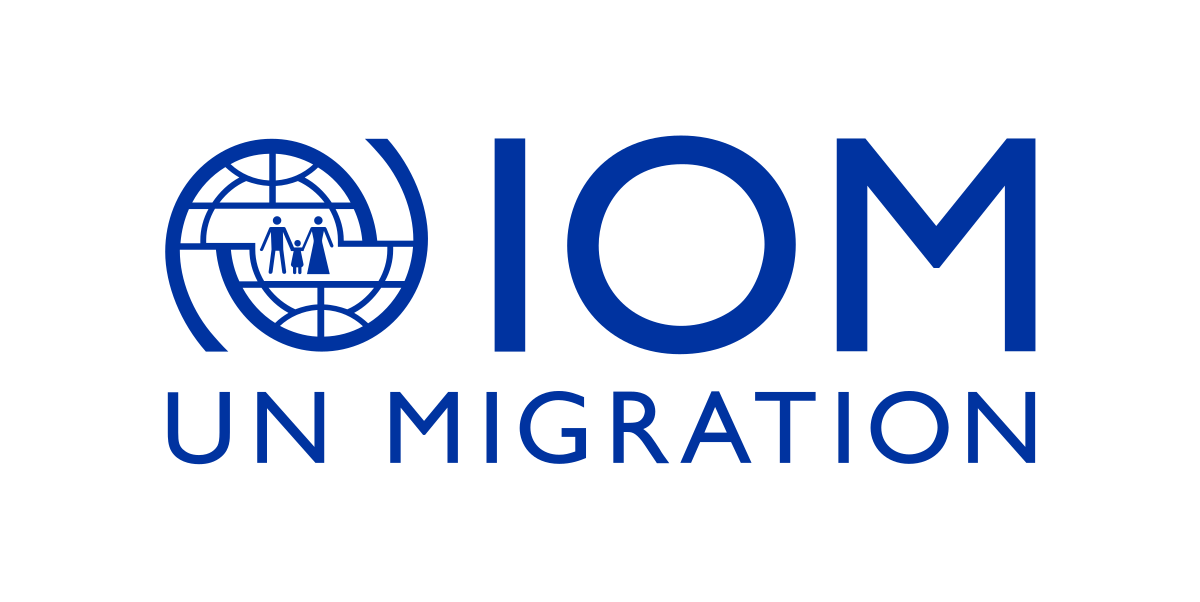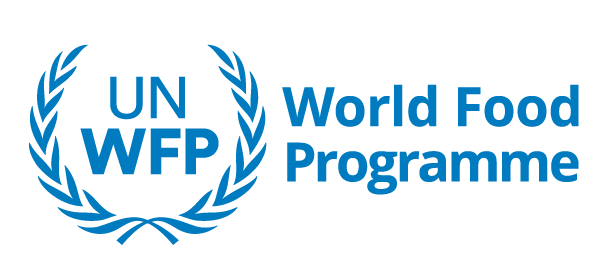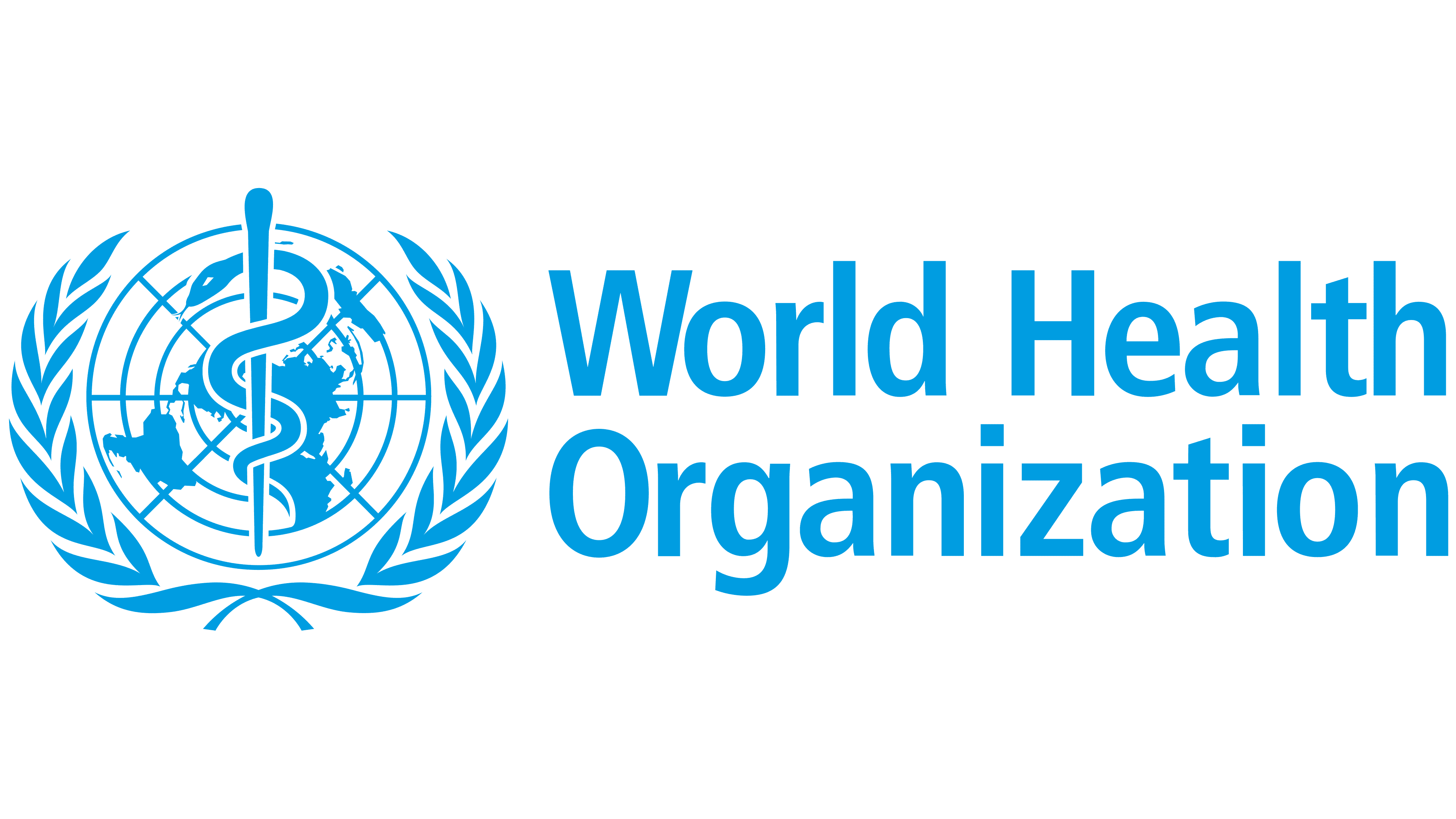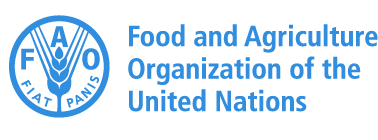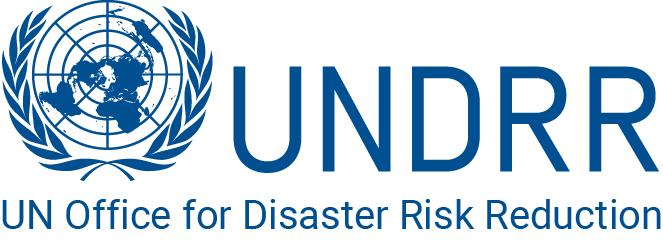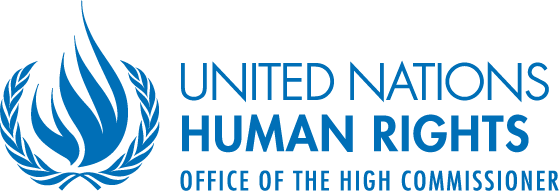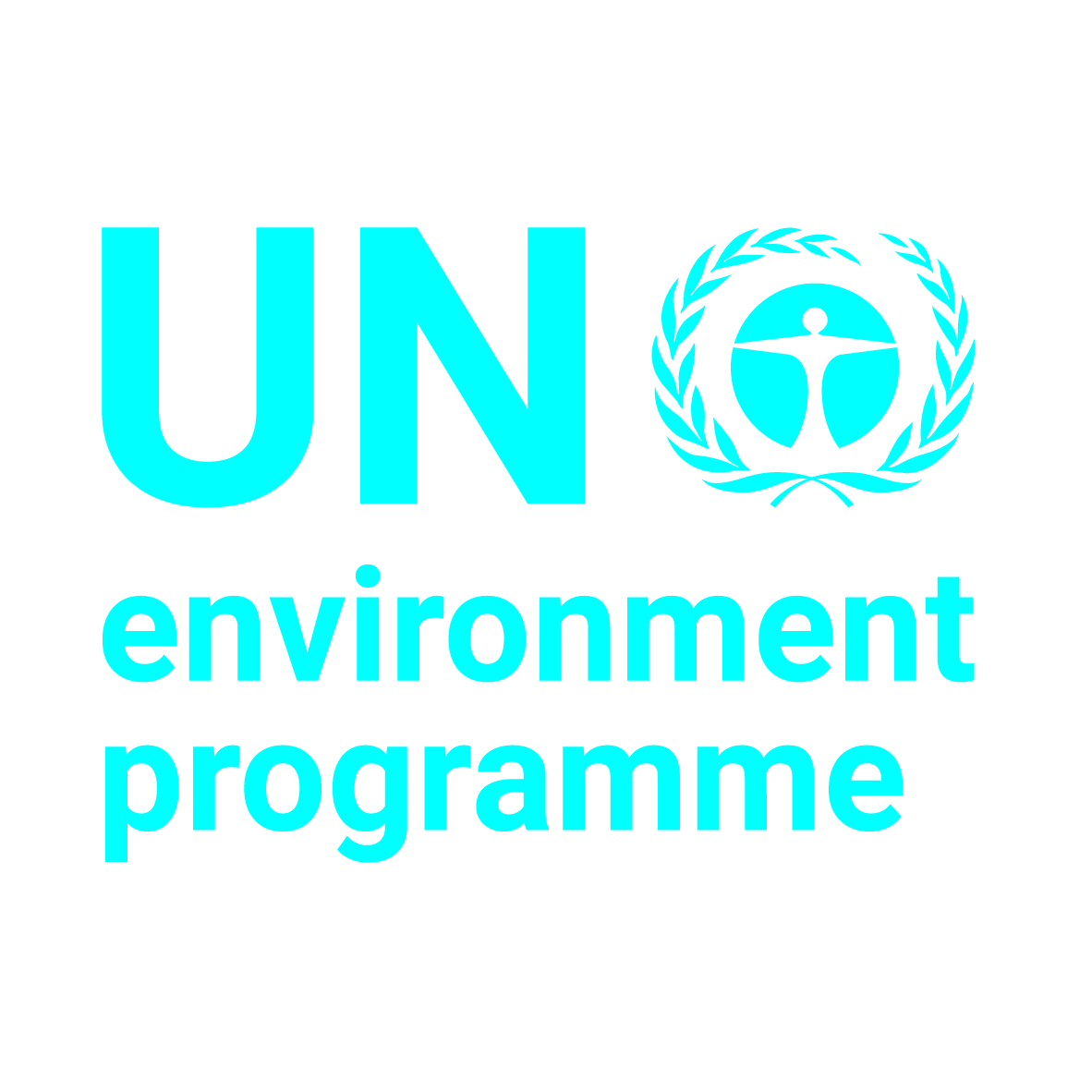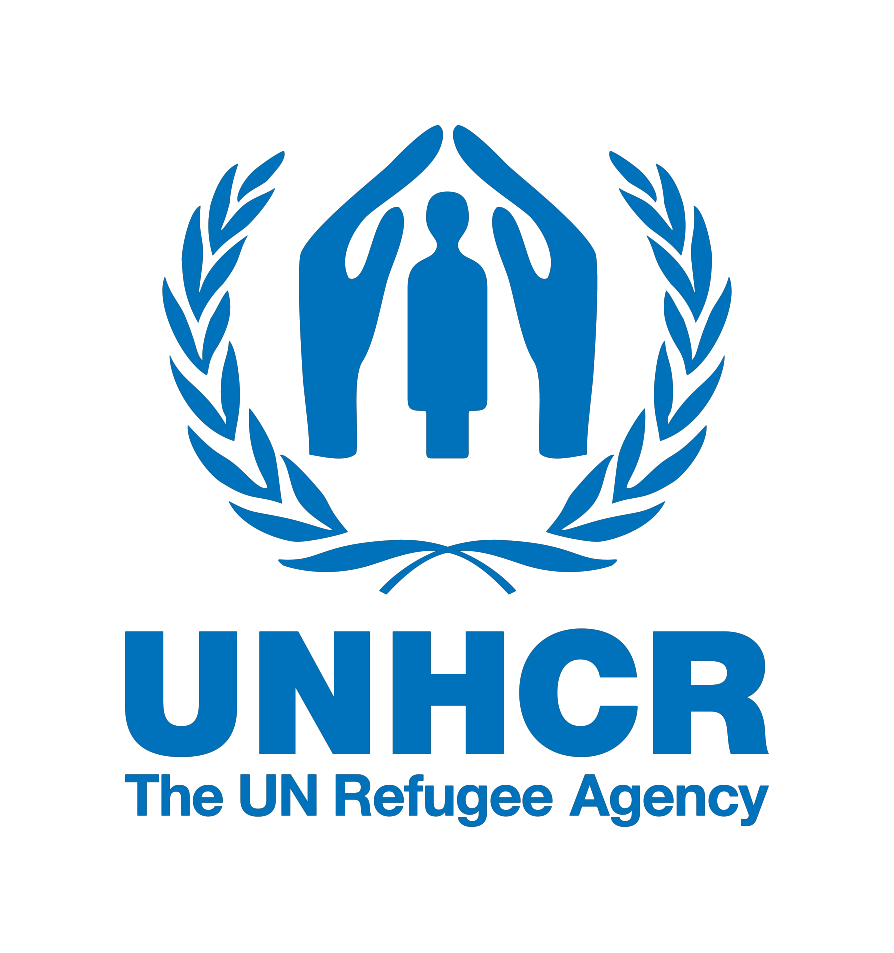Topic outline
In today’s globalized world, different types of risks related to natural hazards, the climate, epidemics, conflicts or economic shocks are increasingly coinciding and interacting with each other. This can result in crises with cascading effects across systems and sectors and cause high levels of uncertainty. We, therefore, need joined-up efforts within the United Nations System and beyond to build resilience that can transcend a range of risks across sectors, systems and stakeholders.
This course will introduce you to the UN system’s shared understanding of resilience. It will help you reflect on what you can do to build resilience and connect you to resources to support your resilience-building journey.



This introductory course is designed for a range of stakeholders with a role and interest in helping to build resilient societies through joined-up UN efforts. This includes:
- UN teams in mission and non-mission settings.
- Resident and Humanitarian Coordinators, Heads of Political and Peacekeeping Missions.
- Heads and Deputy Heads of UN entities and strategic planners at country level.
- UN Policy and programme officers working at country, regional and global levels.
- Government and partners at country, regional and global levels.
- The concept of resilience, the four elements of resilience-building and the five types of resilience capacities.
- The rationale for investing in resilience building as a prerequisite for sustainable development across different risk, crisis and development challenges.
- The shared principles for implementing resilience building interventions, including tools and practices for using a resilience lens in joined-up UN planning processes in support of countries’ resilience building efforts.
- Opportunities for UN teams to better collaborate in resilience-building through partnerships, coordination, and financing.
This course consists of 4 lessons answering basic questions around the UN’s approach to resilience-building.
- Lesson 1: What is Resilience?
The concept of resilience, the 4 elements of resilience-building and the 5 types of resilience capacities. - Lesson 2: Why Resilience Matters
The rationale for investing in resilience building as a prerequisite for sustainable development across different risk, crisis and development challenges. - Lesson 3: How to Build Resilience Together?
The principles, tools and practices for applying a resilience lens in joined-up UN planning, including what action to take in support of countries’ resilience building efforts. - Lesson 4: Partnering, Coordinating and Financing for Resilience
Opportunities for UN teams to better collaborate in resilience-building through partnerships, coordination, and financing.
It also includes one reflective opening and one closing exercise on what resilience means to the learner in the context of their work; knowledge checks across the four lessons and one final test, that must be completed to earn a digital badge.
This course runs on the latest versions of the major browsers, such as Google Chrome, Microsoft Edge, Mozilla Firefox and Apple Safari.
The course opens in a separate popup window. If this does not happen, a popup blocker in the browser is probably preventing it from opening and you will need to disable popup blockers for this site. Please read the following instructions on how to do this.
Digital certification
This course offers certification. You will get your digital badge upon passing a final exam after completing the course and achieving a grade of at least 75%. Please click on the button below to complete the exam, or refer to our Certification section to learn more.
Evaluate this course
We would be pleased to receive your evaluation of this course, to support us in improving future e-learning courses. Please click on the button below to answer the questions in the form. It should only take you a few minutes!
Partners
The course was developed by UNDP in close collaboration with UNDCO and other UN entities that served as members of the UN Resilience Reference Group.
These entities include: Department of Peace Operations (DPO), Department of Political and Peacebuilding Affairs (DPPA), the Food and Agriculture Organization of the United Nations (FAO), International Organization for Migration (IOM), Office of the High Commissioner for Human Rights (OHCHR), UN Development Coordination Office (UNDCO), United Nations Department of Economic and Social Affairs (UNDESA), United Nations Development Programme (UNDP), United Nations Office for Disaster Risk Reduction (UNDRR), United Nations Environment Programme (UNEP), United Nations Executive Office of the Secretary General (UNEOSG), United Nations Educational, Scientific and Cultural Organization (UNESCO), United Nations Framework Convention on Climate Change (UNFCCC), United Nations Population Fund (UNFPA), UN-Habitat, United Nations High, Commissioner for Refugees (UNHCR), United Nations Children's Fund (UNICEF), United Nations Office for the Coordination of Humanitarian Affairs (UNOCHA), UN Women, World Food Programme (WFP), World Health Organization (WHO), World Meteorological Organization (WMO).
The course is hosted by FAO e-learning Academy to make it widely accessible to UN and its partners.


